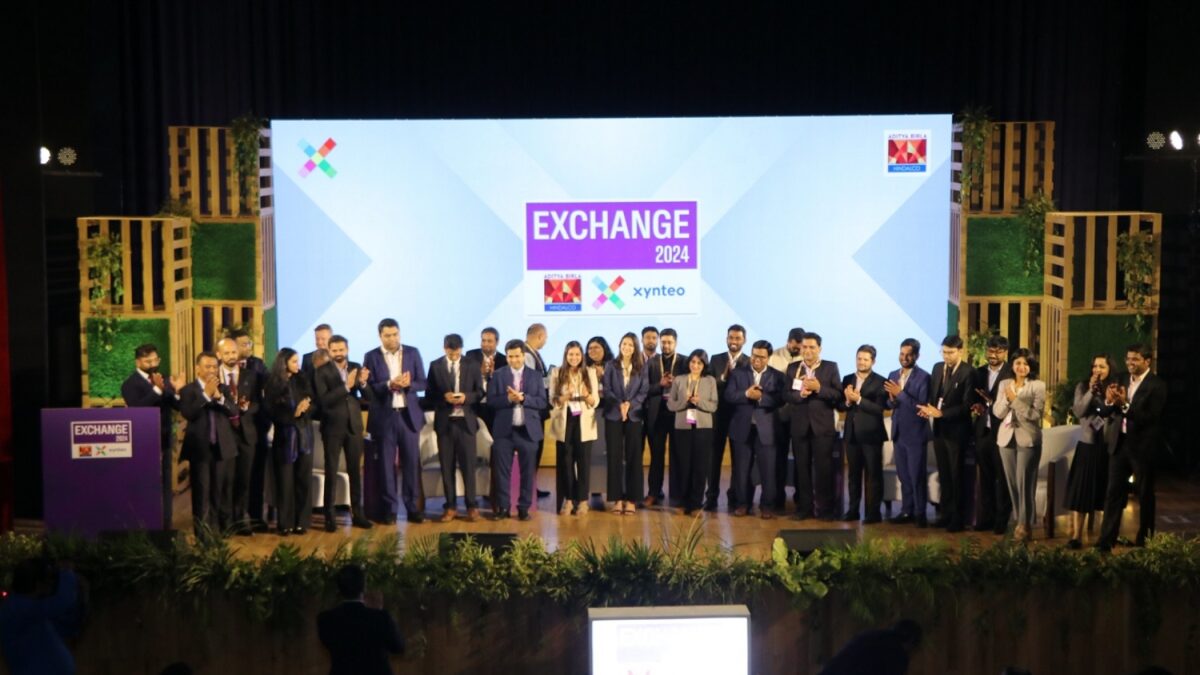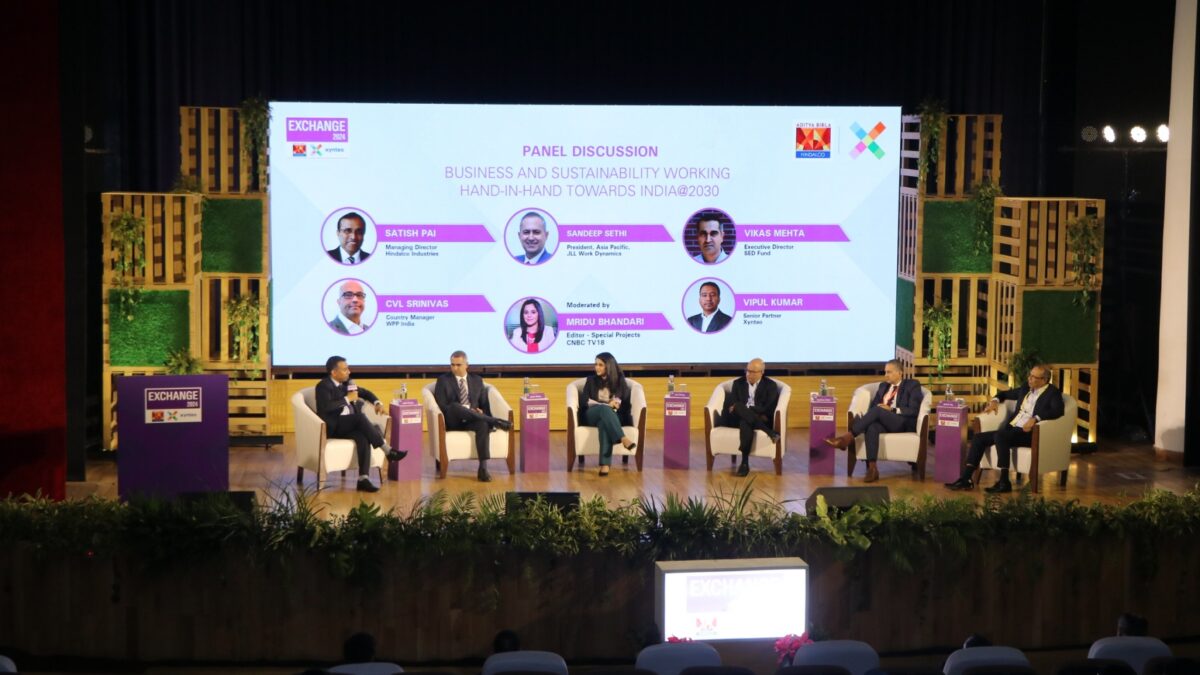Build Ahead has investigated the intricacies of the cement manufacturing process, computed potential premiums associated with decarbonising cement, and explored how this impacts end users. Our research shows that existing cement products on average can be made 30% less carbon intensive without impacting construction costs whereas a net-zero product would only lead to a 1-3% increase in construction costs. This …
Using Green Materials In Construction Today May Not Be Expensive After All











